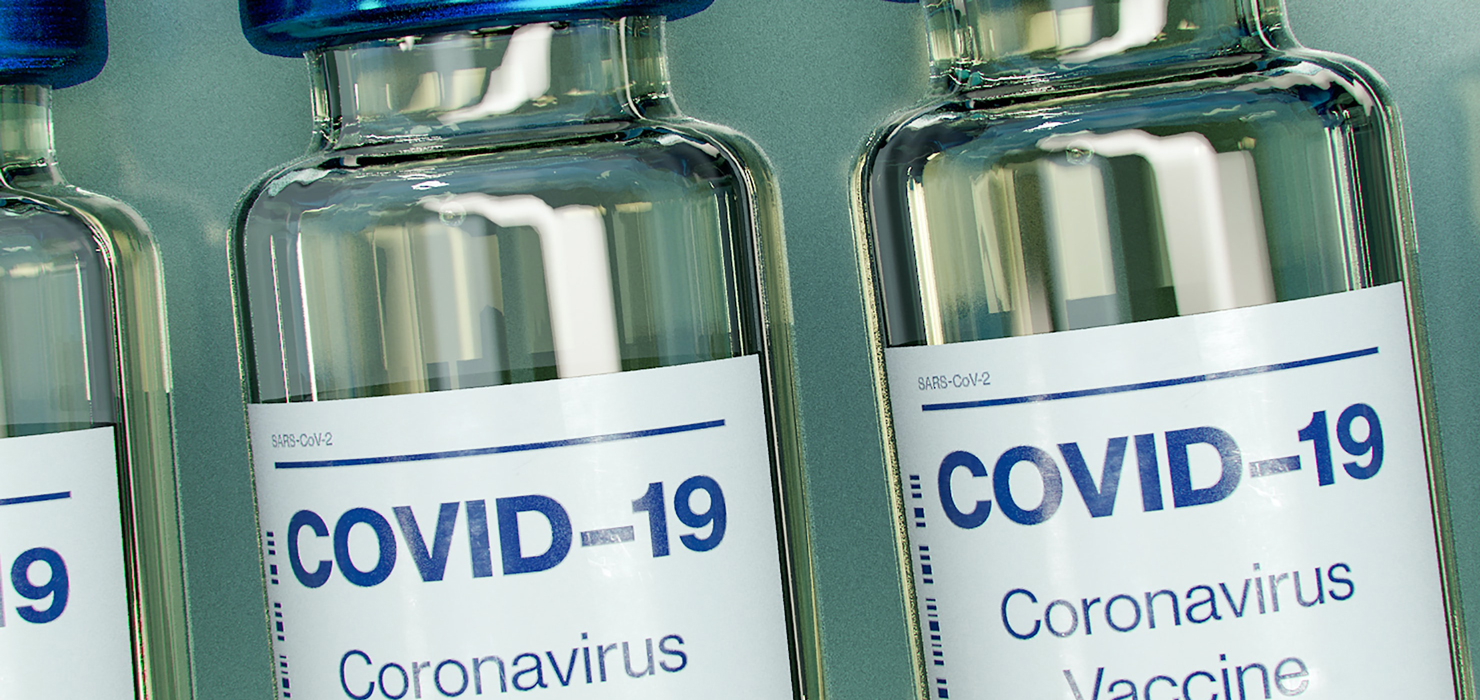COVID Slang That is Sticking Around

While the COVID-19 pandemic is no longer quite the force it has been for the past few years, it's still affecting the world around us, including our language. Just like COVID, these 10 COVID-related slang terms seem set to become part of our everyday lives:
10. BCV
Those discussing pre-pandemic times use BCV to stand for "before coronavirus." Most often, people use this acronym while waxing nostalgic about their pre-COVID routines and plans, which COVID likely threw out the window. Some people also use ACV to stand for "after coronavirus."
9. Hand sanni
Prior to 2020, most people felt fine leaving the house without a bottle of hand sanni, or "hand sanitizer." Now, not only do most people have a bottle of hand sanni stashed in their car, purse, or backpack, but most businesses still have sanni dispensers set up for customer use.
8. Social distancing
It has likely been a while since you've been forced to social distance. However, reminders of how everyone had to constantly stand six feet apart from each other remain at stores, restaurants, parks, and other public places. It's a toss-up whether all these social distancing reminders remain out of CYOA, laziness, or hesitance to spend time taking them down only for COVID to spike again.
7. WFH
COVID forced many workers out of their offices and into WFH, or "work from home," situations. Now, many businesses have made workers' ability to WFH permanent. While the majority of workers enjoy a mix of WFH and in-office work, some have taken the ability to WFH even further, choosing to pursue a WFA lifestyle.
6. Blursday
Thanks to the monotony of WFH and recurring lockdowns, many people felt that every day of the pandemic ran together into one big blursday. While most people's days feel less monotonous now, those having a tedious or wearisome week may still use this term to describe the feeling that time is meaningless.
5. FOGO
Lockdowns and social distancing also did a number on many people's willingness to attend parties, enter stores, eat at restaurants, and even just go outside. Instead of experiencing FOMO, these people are experiencing FOGO, or "fear of going out." It's likely you know at least one person who is still in the quar mindset, and letting their FOGO guide their life.
4. Anti-vaxxer
While the majority of the world's population clamored for a COVID vaccine, anti-vaxxers said they didn't want it, they wouldn't take it, and others shouldn't take it either. While anti-vaxxers existed pre-COVID, the thought of taking a "rushed" COVID vaccine (which to some, was just another part of the scamdemic) gave this group a new, highly-visible topic to rally around.
3. Anti-masker
Just like anti-vaxxers, anti-maskers continue to be a part of everyday life. This group thought requirements to wear face masks during the pandemic were unhelpful and/or freedom infringing. Now that most public places no longer require masks, some anti-maskers believe (and enjoy stating) this is proof that masks were never necessary in the first place.
2. Long-hauler
Long-haulers are people who continue experiencing COVID symptoms months or years after their initial infection. Since COVID is a new disease, scientists are still studying its long-term effects on people's health. Therefore, you're likely to continue hearing about long-haulers online and in the media, as the world learns more about long COVID.
1. COVID
Technically, the disease that dealt humanity a blow from which it has yet to fully recover is named COVID-19. But you're just as unlikely to hear COVID referred to as COVID-19 as the world is to be rid of COVID anytime soon. The word COVID is now an entrenched part of the world's lexicon. So, the next pandemic-causing-coronavirus will need a new nickname ...
Did we miss a COVID-related term you're still seeing everywhere? If so, be sure to let us know.